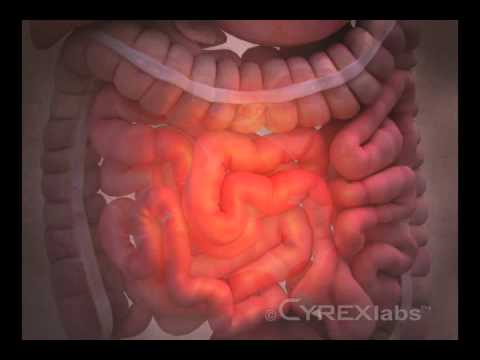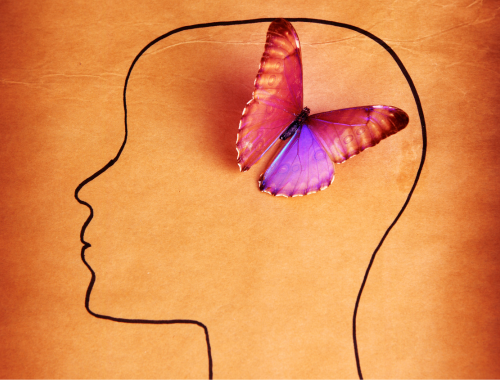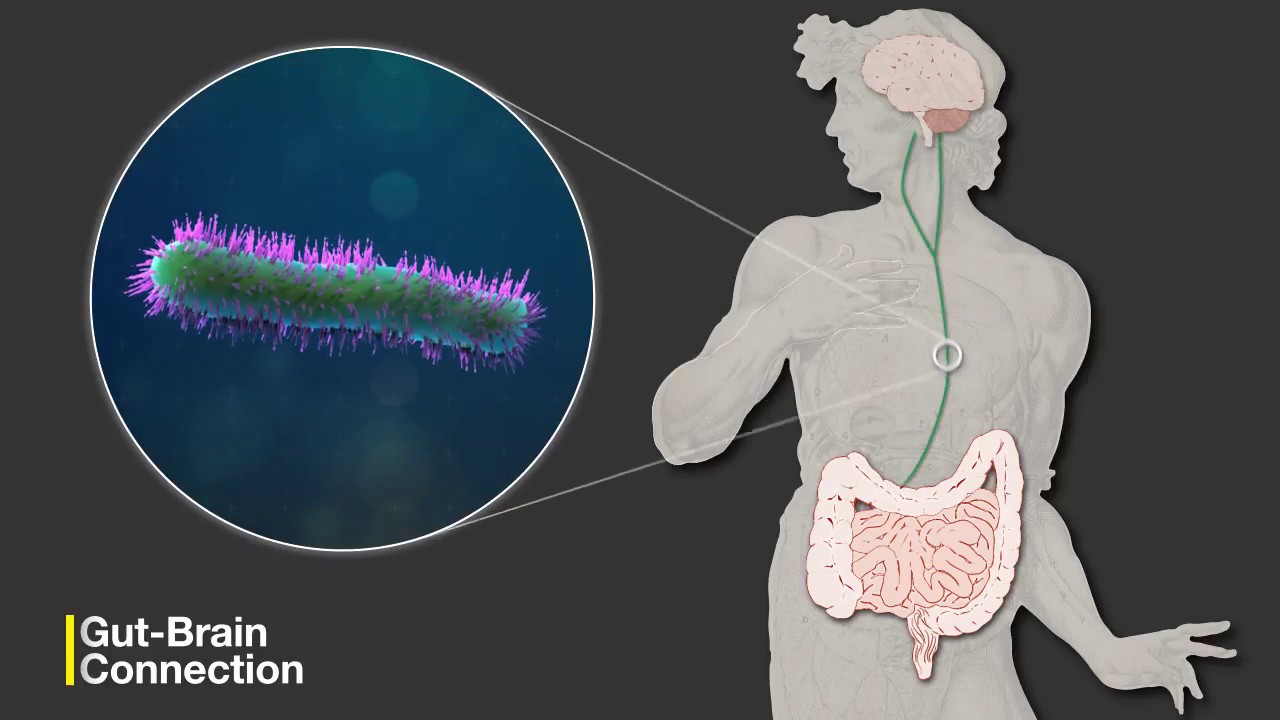Have you ever wondered the reason behind feeling butterflies in your stomach? Or that sinking premonition feeling around your stomach when something unexpected happens?
Several studies over the years have established the brain-gut connection, and the condition of our gut influences one’s mental health. Human body consists of two brains. One is located in our head and the second one – in our guts, both these brains start forming at the time of fertilization.
They develop from the same cluster of tissue, wherein one section evolves into a central nervous system (brain) and another one into enteric nervous system (gut). Vagus Nerve, longest of all the cranial nerves, connects both these nervous systems.
Chemicals (hormones, neurotransmitters) that control the brain in the head are found in the gut brain as well. Due to this linkage between the brain and gut, researchers have concluded that a healthy gut helps in maintaining good mental and emotional health.
“Many of the gut signals reaching the brain will not only generate gut sensations, such as the fullness after a nice meal, nausea and discomfort, and feelings of well-being, but will also trigger responses of the brain that it sends back to the gut, generating distinct gut reactions. And the brain doesn’t forget about these feelings, either. Gut feelings are stored in vast databases in the brain, which can later be accessed when making decisions.” ~ Emeran Mayer, The Mind-Gut Connection: How the Hidden Conversation Within Our Bodies Impacts Our Mood, Our Choices, and Our Overall Health.
The impact of food on your brain
Human gut has a gut microbiota, which basically is clusters of several microorganisms living in our intestine. It contains tens of trillions of microorganisms, including at least 1000 different species of known bacteria with more than 3 million genes (150 times more than human genes).
According to studies, the presence or absence of gut microbiota affects the development of behavior that causes neurochemical changes in the brain.
Gut microbiota executes the communication function with the brain. Their presence or absence influences the central nervous system and its behavior. Hence, a healthy communication between the gut and the brain must be ensured to avoid psychiatric illness.
Research shows that eating food rich in omega-3 fatty acids will boost mental health, reduce irritability and reduce depressive symptoms.
Additionally, about 70% of the cells that make up the body’s immune system is found in the gut. Therefore, it is highly advisable to keep your gut in check.
The positive effect of probiotics on mental health
Researchers at the University of California, Los Angeles (UCLA) assigned 45 women to receive either daily probiotic yogurt, non-probiotic yogurt or no yogurt at all. When the women were examined after 4 weeks, it was found that the women in the probiotic yogurt group had a more stable emotional response when exposed to a stressful situation.
Kirsten Tillisch who led the Californian researchers noted, “By changing the environment in the gut, we can actually change what happens in the brain”.
Steps to take to maintain a healthy brain-gut connection
Along with feeding your mind, feed your gut as well. There are innumerable ways to keep a healthy mind and gut simultaneously.
1) Include “prebiotics” in your diet each day. Prebiotics are hard to digest carbohydrates that increase the number of gut bacteria in your intestine. Like yogurt, raw oats, garlic, onions, bananas, unrefined wheat and barley etc.
2) Don’t skip breakfast. When you wake up in the morning, your blood sugar level is low due to which you feel lethargic and lazy. To boost up your energy, have breakfast daily. Messing up with your sugar level is messing up with your body and mind energy.
3) Lack of variety in the diet means lack of variety in our gut bacteria. Work on having a wholesome, nutritious meal.
4) Avoid acidic foods. Keep a check on your coffee and alcohol consumption.
5) Eat fruits. Fruits are the best source of enzymes and vitamins.
6) Several herbs like Cinnamon, cardamom, coriander etc come handy in feeding the good bacteria in the gut. They also eradicate the presence of unfriendly bacteria in your gut.
7) Decrease the level of stress hormones. Indulge in activities that you enjoy, sing, draw, dance.
8) Yoga and meditation are excellent ways to relax. Working out regularly boosts the presence of healthy hormones required for maintaining a healthy mind. It turns out they keep the gut happy too.
9) Keep your body and mind energy balanced by having several small meals throughout the day. A good metabolism is the key to excellent fitness of the being.
10) Keep a check on your digestion system. Have lots of water. Dehydration leads to several problems.
A video about the brain-gut connection and the neural circuitry that connects the two –
Sources
Gut feelings: the future of psychiatry may be inside your stomach






